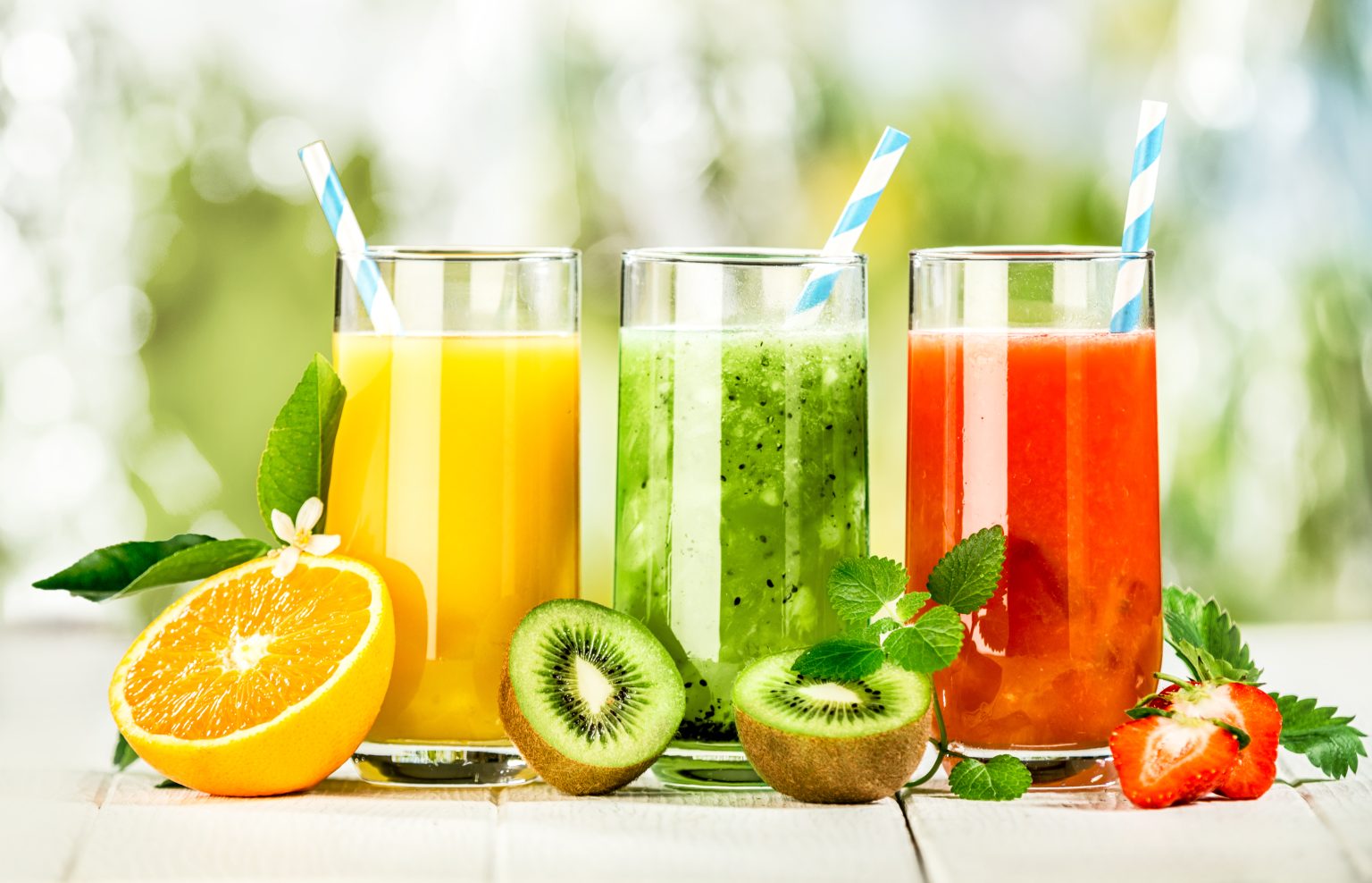New study finds that 100% fruit juice:
- Accounts for up to 26% of children’s vitamin C intake, and up to 19% in adults
- Contributes up to 4% of daily potassium, which supports normal blood pressure
- Provides up to 7% of daily intake of folate which supports a healthy pregnancy
- Only contributes up to 14% of free sugar in people’s daily diets, compared with up to 92% from products containing added sugar such as soft drinks, biscuits, sweets, chocolate and cakes
Drinking 100% fruit juice has a negligible impact on daily calories but accounts for up to a quarter of children’s vitamin C intake and is an important source of other vital nutrients, according to a new study which highlights the importance of juice in a healthy diet.
Because fruit juice contains natural sugar, some policy makers and researchers have expressed concern that it could lead to weight gain, if consumed regularly. But a new analysis of national dietary surveys across 14 European countries for which data were available, found that people who drink fruit juice consume on average just 137g per day, lower than the recommended serving size of 150-200ml that exists in some countries.
This equated to just 20-40kcal per day, or 1-2% of a child’s or adult’s average daily energy intake, which would not be expected to have an impact on body weight.
In contrast, the average daily serving of 100% fruit juice across each age group across Europe was enough to make a significant contribution to daily intakes of vitamin C, which is vital for immune function and boosts iron absorption.
The study, published in the journal, Nutrition Research Reviews, found that fruit juice was responsible for 4-20% of daily vitamin C intake in infants, 6-26% in children, 8-20% in teenagers, 8-19% in adults and 6-19% in older adults.
The study’s lead author, Dr Janette Walton from Munster Technological University in Cork, said: “Fruit juice is a major contributor to vitamin C intakes in children and adults. Given that too few people eat the recommended 5-a-day of fruit and vegetables, fruit juice is a convenient and nutritious food in the diet”.
The researchers also found that fruit juice accounted for 2-4% of daily potassium, which supports normal blood pressure and has been found to be lacking in people’s diets according to the European Food Safety Authority (EFSA), and 1-7% of daily intake of folate which supports a healthy pregnancy and is commonly too low in the diets of most women of childbearing age.
Meanwhile, the natural sugar in 100% fruit juice, which comes entirely from the fruit, contributed to just 2-14% of free sugar in people’s daily diets, compared with 48-92% which is estimated to come from “optional” products containing added sugar such as soft drinks, biscuits, sweets, chocolate and cakes.
Unlike sodas, nectars or other drinks, 100% fruit juice never contains added sugars and cannot be diluted with water under European law.
Dr Walton continued: “Our findings showed only a modest contribution of fruit juice to free sugars. In contrast, a recent review found that sweet foods and drinks with added sugars are the major sources of added sugars across Europe, contributing half to more than 90% of intakes).
“This highlights the importance of targeting sugar reduction strategies for discretionary/’top-shelf’ foods which are not recommended in food-based dietary guidelines. Unlike fruit juice whose composition is controlled by law, these types of products can be legally reformulated to reduce their sugar content”.
More broadly, the authors of the study highlighted the lack of data on 100% fruit juice consumption in many countries in Europe, such as Germany, which they said makes it difficult to set Europe-wide policies without an accurate view of normal consumption levels.



